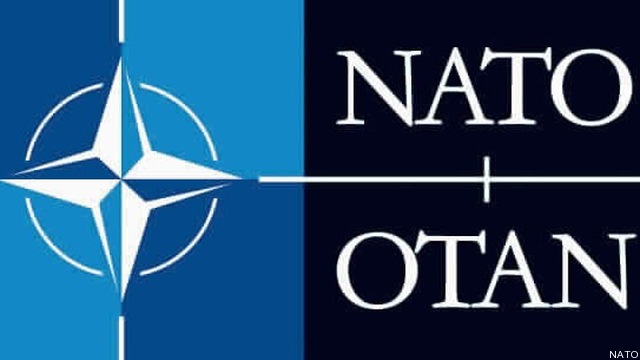China And NATO Talk Regularly: “Getting To Know You’
Posted on

NATO HEADQUARTERS: The People’s Republic of China and NATO hold little known high-level consultations, usually twice a year.
“We have had regular exchanges with the Chinese. They are not frequent,” James Appathurai, NATO’s deputy assistant secretary general for political affairs and security policy said yesterday. He mentioned the Chinese meetings in passing during a briefing about NATO relations with its many partner nations.
The NATO official described the talks as semi-annual exchanges “at a high level.”
One of Washington’s top experts on the Chinese military was surprised by word of the regular consultations.
“VERY interesting deal. It allows back-channel communications (not necessarily a bad thing). It seems to occur with little public notice (not necessarily a bad thing),” Dean Cheng of the conservative Heritage Foundation wrote in an email. “On the other hand, five years of this going on, and no real records about it means that we don’t know what HAS been discussed here.”
Cheng said the NATO-China talks, which Appathurai said included discussions between the NATO Secretary General and Chinese ambassadors to Belgium, raise “an interesting question of whether the Chinese increasingly assume that any conflict with the US WILL involve Western Europe, and on the US side at that. Which makes Chinese space targeting, in particular, an interesting question.”
Appathurai said the Chinese demonstrate “no desire” to escalate the level or frequency of the talks. “The phrase from the Chinese is ‘step by step,” he said. “We are getting to know each other. Let’s put if it that way.”
The deputy assistant secretary general also highlighted a little known change in policy that was driven by Australia and New Zealand. In return for joining NATO operations in Afghanistan, both countries were granted a seat the council’s table regarding Afghan operations for as long as they fight alongside NATO troops. They have the right to be consulted and file objections, as well as agree to NAC decisions regarding Afghanistan. And the policy was cemented by the Libyan operations.
“As soon as countries became true contributors they got a seat at the NAC table,” Appathurai told our group of American defense writers. The North Atlantic Council is, in most cases, NATO’s supreme policy making body. Australia and New Zealand established the precedent that they would exercise the same powers of decision-making as the regular members of the council possess on matters concerning Afghanistan. During the Libyan operations, countries such as Qatar, were granted the same status on the NAC for the duration of NATO’s involvement there. Qatar supplied several hundred troops to the Libyan rebels to train them and help them develop effective command and control. Qatar already had partner status with NATO as a result of the Istanbul Cooperation Initiative, designed to offer Middle Eastern countries “practical bilateral security cooperation” with the alliance.
[Full disclosure: NATO paid for my plane fare to Brussels and accommodations here. I was part of a group of American defense writers briefed in advance of the NATO ministerials this week, with an eye to the Chicago NATO summit in May.]
Subscribe to our newsletter
Promotions, new products and sales. Directly to your inbox.
